Failure is not an option - or is it?
In the movie Apollo 13, when the NASA team on earth was trying to determine a way to get the astronauts home, the team leader says to the group, "Failure is not an option." It sounds good in the movie but let's see how that plays out in real life. Here are some examples from Wanderlust Worker:
- Walt Disney was fired from the Kansas City Star because his editor felt Disney "lacked imagination and had no good ideas."
- Oprah was declared "unfit for television" by a TV producer.
- J.K. Rowling had 12 publishers reject the Harry Potter manuscript.
- According to reports, Colonel Sanders had 1009 people reject him when he pitched his chicken recipe to restaurants.
- Michael Jordan failed to make the varsity basketball team.
The list goes on. The website lists 48 overall successful people who failed.
Michael Jordan said, "I've missed more than 9000 shots in my career. I've lost almost 300 games. 26 times I've been trusted to take the game winning shot and missed." He was still inducted into the Basketball Hall of Fame in 2009.
Thomas Edison once told a reporter, "I have not failed 10,000 times. I have not failed once. I have succeeded in proving that those 10,000 ways will not work. When I have eliminated the ways that will not work, I will find the way that will work." Failure can be part of the path to success.
Those with a Feeling preference need reassurance that the failure will not impede the relationship. When someone with a Feeling preference feels like a failure it tends to be accompanied with another thought. They worry that they let someone down. "Mom wanted me to get that scholarship." "I thought I could do this for you but I can't. Now you don't believe in me." The younger they are the more convinced they are that a revealed flaw means others in their life may reject them.
For some people with the Feeling preference this translates into an intense pressure to always do things right. You can help: hug them. Acknowledge the failure is there but the connection with them is solid. Offer to support them if they decide it is something they can try again. Take a moment and have fun interacting with them. Your presence matters at this moment.

A hug is not the right tool at this time for this child. Reflective listening and honest assessment help more. Acknowledge that losing or failing at a task is frustrating because you thought you could do it. Remind them that although this is a failure, failure is temporary. It only lasts until a new solution is found or the task is mastered. Make this an interim moment when possible. Suggest that once they get their energy back you will problem-solve with them if they are still interested. Take a break to get that energy back by doing something else that is fun, by watching a video, or by taking a nap. Let the brain get some rest before tackling what seems like an impossible task.
Some children fear failure so much they develop into "failure avoiders." This is a learned coping strategy and can be unlearned. These children either try the most difficult task (no one is expected to be able to do it) or the easiest task (anyone can do it). Instead of following their interests they follow the path of greatest or least resistance. This solves the problem for the moment but does not teach the child how to deal with failure. Research supports that the only thing that motivates a failure-avoider is success.
One young man was failing math. His last test grade was 29. Success in his family was defined as having a test grade that was higher than the previous test score. He bought into that plan and improved each time but was still failing by school standards. It took almost the entire school year, but he brought his grade up to a C on his final test. This can be an ST approach if the strategy for improvement works. For an NF child you will need to monitor and praise each gain and celebrate the progress.
All children fail sometimes. Emotionally it is exhausting to fail for all types. We need to help our children recognize that failure is temporary. The way to help the Feeling child is not the same as the way to help a Thinking child. In a person's life story if you want to know if they were a success or failure it will depend on what chapter of their life you are reading.



_thumb.png)











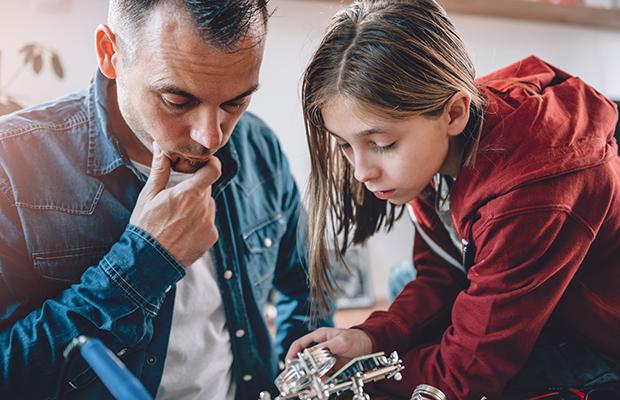








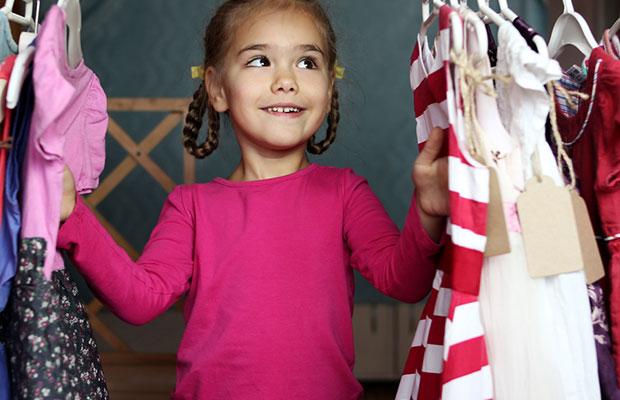
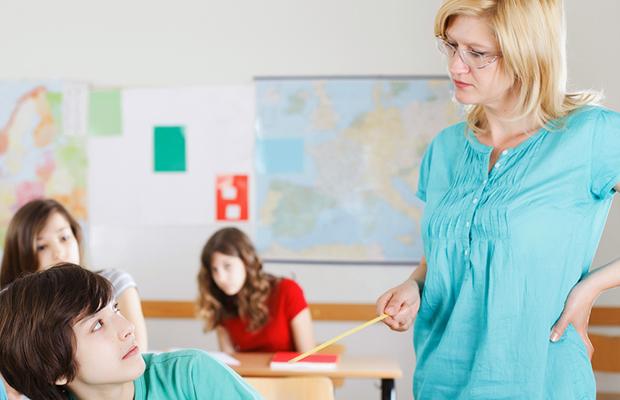
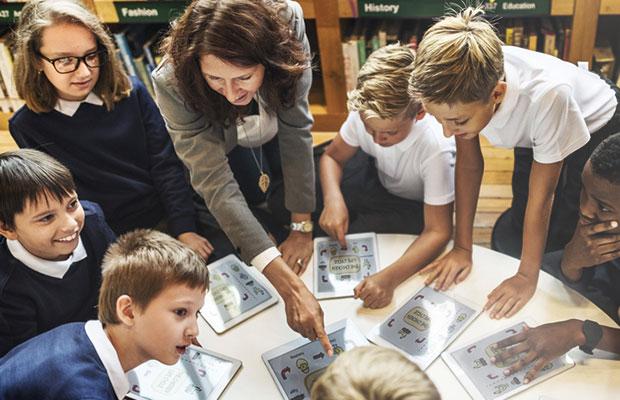



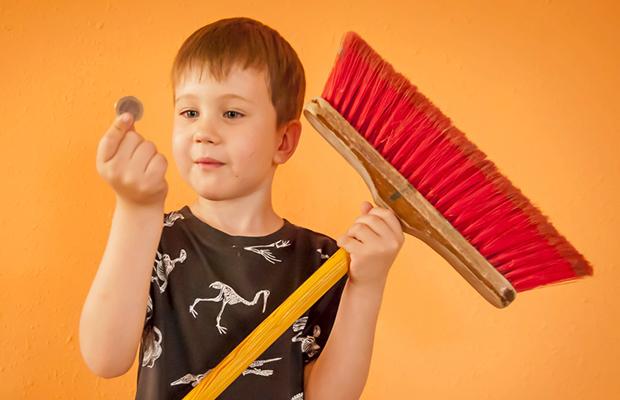
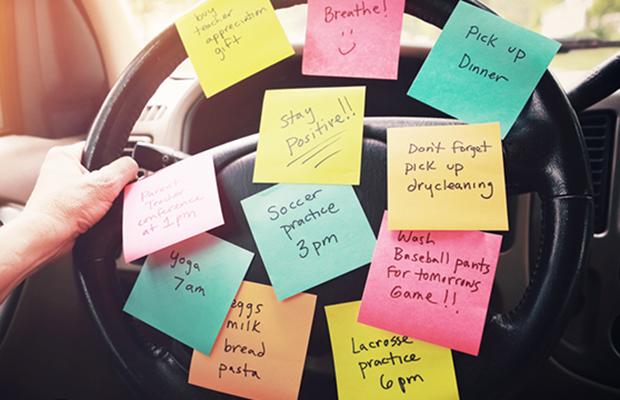


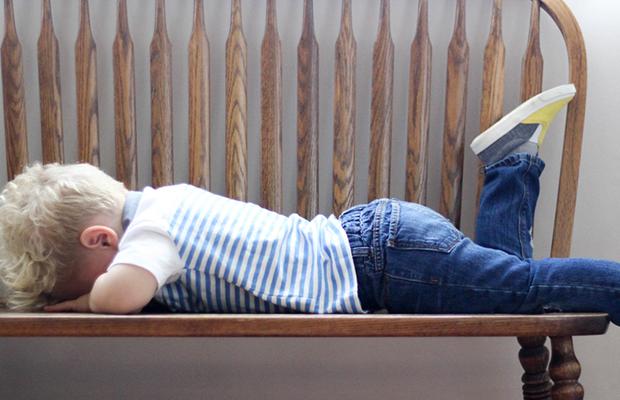

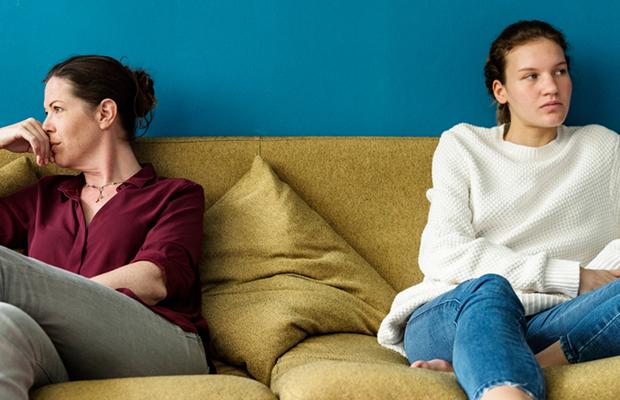

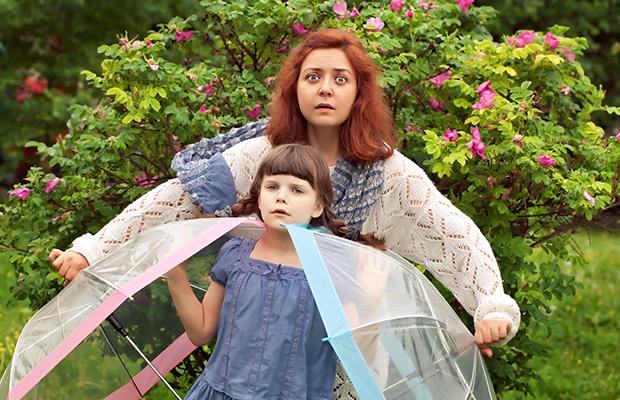






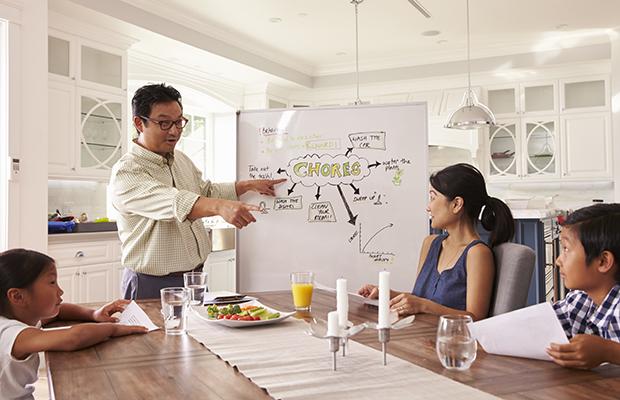


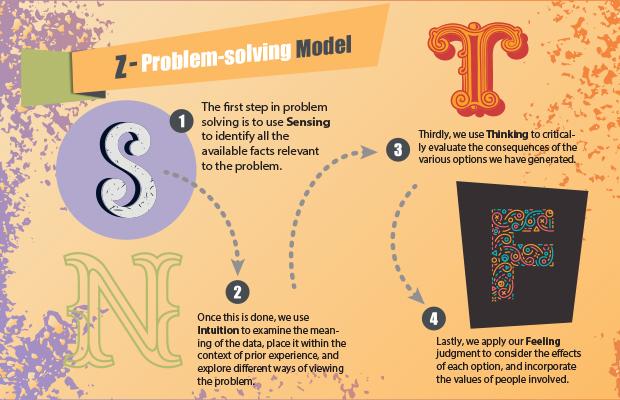



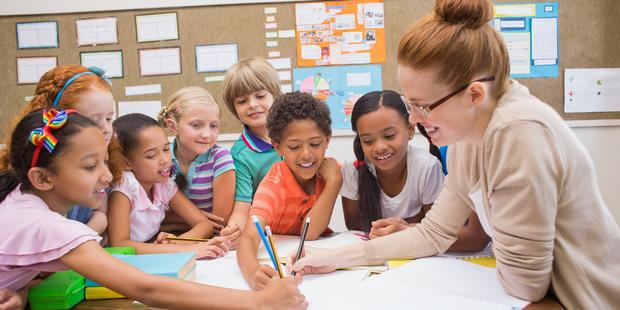




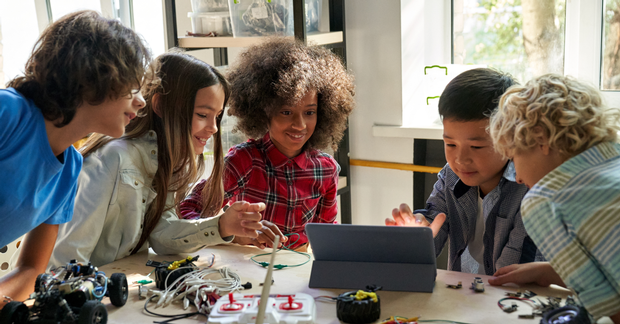
x.png)